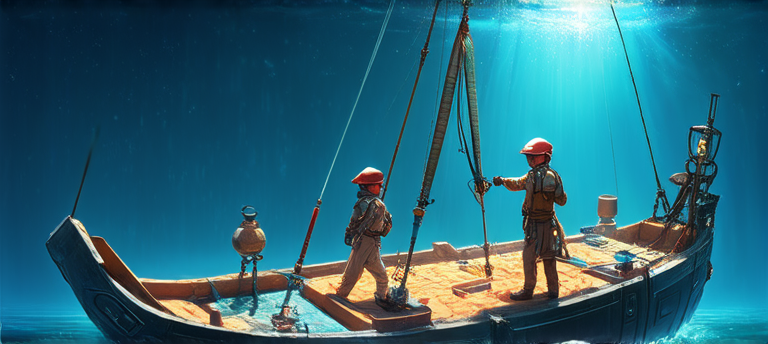Exploring the Art of 小物钓: An Introduction to Micro Fishing

Exploring the Art of 小物钓: An Introduction to Micro Fishing
GGGGOODS“This article introduces the art of 小物钓, also known as micro fishing, a unique and challenging method of fishing that involves using ultra-light tackle to catch small fish. Originating in Japan, micro fishing has gained popularity worldwide among fishing enthusiasts. The equipment used is specialized, and anglers target small species with precision and patience. Micro fishing promotes conservation and ethical fishing practices, emphasizing catch and release to preserve the delicate ecosystem.”
“Micro fishing, known as "小物钓" in Chinese, is a delicate and intricate method of fishing that involves using ultra-light tackle to catch small fish. Originating in Japan, micro fishing has gained popularity worldwide among fishing enthusiasts looking for a unique and challenging experience. The equipment used in micro fishing is specialized and includes ultra-light rods, tiny hooks, and thin lines. Anglers often target small species such as minnows, guppies, and micro-fish, requiring precision and patience to hook and land their catch. Despite its simplicity, micro fishing requires a deep understanding of fish behavior and habitat to be successful. This art form promotes conservation and ethical fishing practices, emphasizing the importance of catch and release to preserve the delicate ecosystem. Whether practiced in serene lakes, fast-flowing rivers, or urban ponds, micro fishing offers a rewarding and contemplative way to connect with nature and appreciate the beauty of small aquatic life.”
“In conclusion, 小物钓 or micro fishing is more than just a fishing technique; it is a mindful and conservation-focused practice that allows anglers to connect with nature on a deep level. By targeting small fish species with specialized equipment, anglers can appreciate the beauty of aquatic life while ensuring the sustainability of fish populations. As interest in micro fishing continues to grow, it serves as a reminder of the importance of respecting and protecting our natural environment for future generations of anglers to enjoy.”












